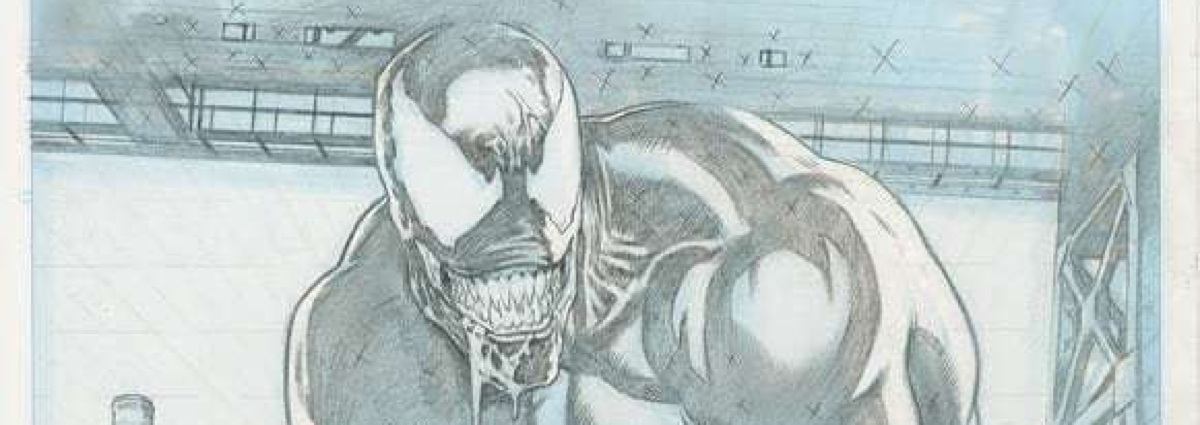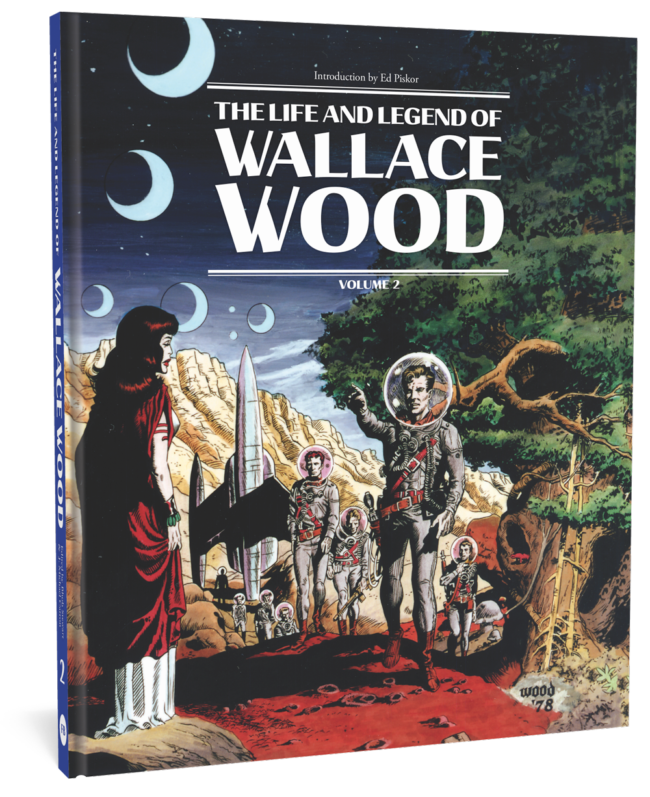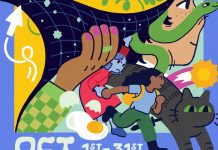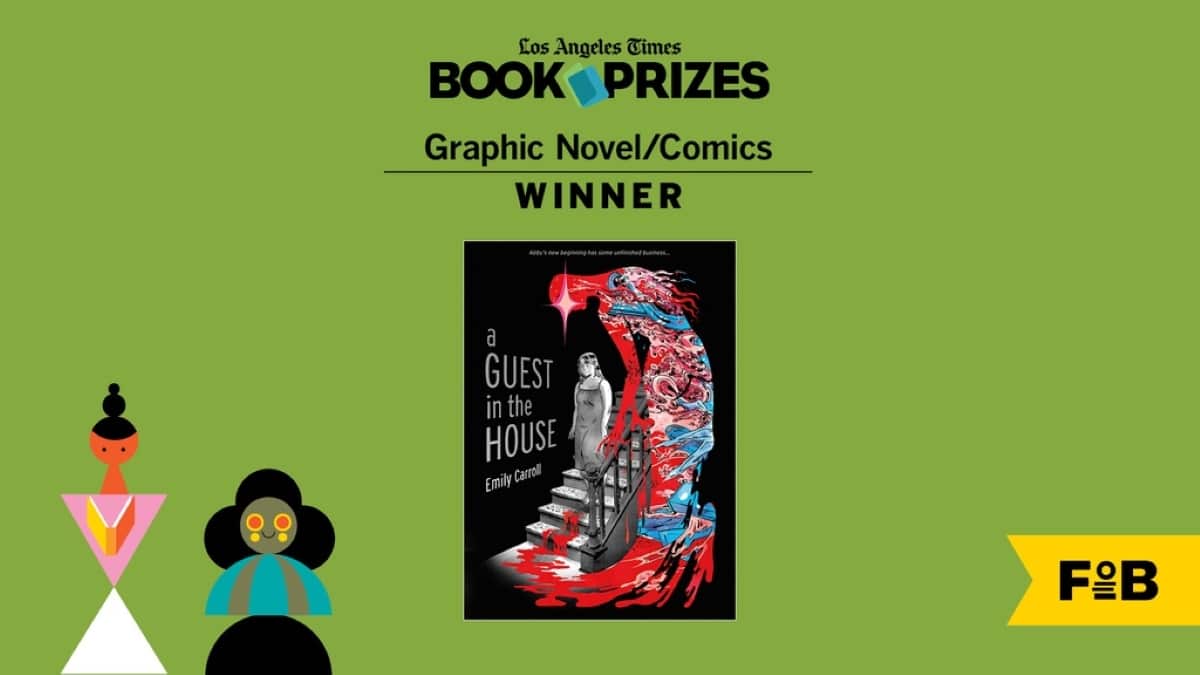§ Today’s nice art comes to you via a Paolo Rivera tweet, which has a message that’s a little wistful.
Doin' taxes. Realizing only 30% of my gross income is from "real" work now (here's $, draw this, publish it). The rest is commissions, prints, and original art sales. https://t.co/t70cpMBEQ7 pic.twitter.com/PfQ73gpPYC
— Paolo Rivera (@PaoloMRivera) March 11, 2018
Rivera is an amazing artist who’s done many great covers, and the insides of The Valiant a while back. He’s so good! It’s a shame not to have more comics work from him, but a guy’s gotta eat.
§ It seems, what with the apocalypse we’re living in, or comics “end times” or something that people are putting out some very long think pieces. Like they gotta get it out before it’s too late.
§ Comics website news! The MNT, the Patreon supported newsletter, has launched a website! Christian Hoffer writes:
Of course, no publication can exist without a website, so after much hemming and hawing, we’ve built a website to showcase some of our featured content from the newsletter. Although the bulk of the MNT’s content will continue to appear in its monthly publications, the website will serve as a way to show off older content and encourage folks to sign up for our newsletter. We’re also proud to feature Darryl Ayo as our new website columnist, thanks to your support so be sure to keep a lookout because he’ll be debuting soon! The plan is to publish between 1-3 features a week here on the MNT site, most of which was previously published in old issues of the MNT. We’ll also post the occasional news story where relevant, although we won’t be competing for breaking news like other sites. As the MNT (hopefully) continues to grow, you may see new content appear both on here and in the MNT newsletter.
Welcome to the x-web, MNT! Hope you survive the experience.
As for their essay reprint series, first up is JA Micheline with Where is the Physical Nostalgia in Comics?
Nostalgia is on the page, often, but it cannot seem to make it to the printed page itself–the texture of the paper, the binding, the full shape of the item. Curiously, many creators seem to long for the feel of a story but not the literal feel of the text. Though smell is the sense most closely linked to memory (or so they say) relatively speaking, there does not seem to be much concern for the smell of a work, for its taste, for its sound and touch.
§ Jamie Broadnax, who took a google search and turned it into the very big and influential Black Girl Nerds website, posted a piece called What BGN Was When It Started and Where BGN Is Today, and girl, I’ve been there.
I’ve worked full time since starting this website. I started working for a telecommunications company and then worked at a law firm. I would spend my days sneaking in work for BGN when I was allowed (during the day) and consume countless hours toiling away at BGN at night. This was basically my life every day up until 4 weeks ago. I have been on podcasts and done several interviews where I would have the question asked — “have you ever thought of making BGN into a business?” or “where do you see BGN 5 years from now?”. And I will be 100% honest with you and say, “I have no idea.
Broadnax will be trying to get more sponsorship and support for her site, and we wish her all the best.
§ As long promised, Buzzfeed writer Rachael Krishna has penned a detailed chronolog of Comicsgate, a loosely affiliated pack of social media bad actors who like harassing marginalized folks on Twitter, and posting utterly uninformed screeds about how the industry works.
For their part, some of the most influential and visible Comicsgate boosters say they’re the ones under attack. They point to legitimately threatening tweets and other social media posts from people they call SJWs. They say they are quickly and incorrectly painted as Nazis, white supremacists, and/or far-right figures by people obsessed with political correctness. The whole debate is fueled by the fever-swamp mentality that currently plagues politically polarizing topics, with each side trapped in their own filter bubbles of messages that only reinforce their points of view. Still, victims of Comicsgate trolls told BuzzFeed News they’ve suffered months of sustained hatred and harassment in their mentions and attempts to hack their personal information. Many victims didn’t want to be named by BuzzFeed News for fear of further retribution; two said they’ve had to seek counseling after being targeted.
Krishna talked to many people on the record, has the proper screencaps and tweets, and this is the article people will link to when they talk about Comicsgate, as we call them here, the Anti Diversity Sparrows. Soon after the article was posted, Krishna started getting a barrage of harassing tweets herself, proving her point pretty cleanly.

§ Comicon’s Hannah Means-Shannon wrote a very long piece called Why Is Polite And Professional Behavior So Hard To Come By In Comics? which was very thoughtful, and outline possible causes of bad behavior by publishers and creatives.
>>>So, why exactly is polite and professional behavior so hard to come by in the comics industry? Whether you’re a comic professional working full-time or as a freelancer in a comics-related field, a comics journalist, blogger, or just a fan, you almost certainly have witnessed some very unprofessional behavior either in personal interaction or in the no-holds-barred fields of social media. We know pretty clearly that social media is the worst offender, but that’s a significant enough problem that it really forms its own discussion. For the purposes of this discussion, I’m narrowing down “unprofessional behavior” and “impolite” behavior to outbursts of anger, use of profanity, intimidation, insulting language, and the like. There’s a bigger picture approach I’d like to take here. For those who work in comics or hope to work in comics, I hope I can generate some discussion that is inclusive, and for those who are simply fans, I hope to offer a more accurate view of what goes on in comics and why your favorite creators might sometimes seem overly stressed on social media or in person.
Means-Shannon suggests that “many people who abandon comics for some other field with a more professional climate” but I wish she’d named these fields. In my experience, (granted a limited data set) there are companies that insist on professional decorum and courtesy, but pretty much every industry is subject to what Means-Shannon calls “The human factor” – that miraculous stew of intelligence, inspiration, stupidity, mental issues, arrogance, laziness, OCD, PTSD and the other elements that make human interaction such a crapshoot.
Is comics really less professional than other industries? Means-Shannon lay out many motivations for acting like a jerk with the people you work with, from overwork to not reading your contract. While I won’t call it “the worst,” I will say that there’s a lot of juvenile behavior on display in comics. I’d suggest that its down to some of the reasons that Jay Edidin pointed out in his “Let’s Fix Comics” panel at ECCC: comics is a glamour profession that people will give everything to work in, so there is more impetus to stay in a job. Also, a lot of people get into comics very young, and don’t have the experience of working in other more rigorous fields.
§ Rob Salkowitz looked at the digital comics landscape, which seems to have been thrown into a lot of soul-searching by Marvel’s massive 99¢ sale.
Lower prices, higher value. Last fall at the ICv2 Insider Sessions at NYCC, comiXology/Amazon Digital Comics head David Steinberger voiced his concerns that back catalog prices on single issue digital had to come down one way or another, presumably because he saw that high price points were inhibiting sales. Without making the lower prices an official policy, comiXology’s frequent deep discount offers serve the same purpose. In one way, this is a positive development. It’s a huge plus for consumers to be able to catch up on storylines or track down old favorites in digital format without breaking the bank. It’s good for publishers, who can use promotional sales to generate attention for characters poised for a big moment on screen or in a featured upcoming series. It’s good for creators, who can expose new (and old) fans to their previous work without driving them to the back issue bins.
§ Mike Catron wrote a long piece about Bhob Stewart’s troubles getting a book about Wally Wood out.
But most of all — the thing that made him grind his teeth the hardest — was the censoring of Wallace Wood’s art. Bhob never got over that. The other publisher1 required him to go through all of Wood’s art and delete anything the publisher felt was improper. Particular words had to be deleted or printed with asterisks, even when part of a direct quote. He was allowed to print semi-nude figures, but only if certain body parts were whited out — even when only shown in silhouette. Some of the Wood art he wanted to use was summarily rejected outright as unredeemable, and he had to scramble to find innocuous replacements that weren’t even relevant. This was especially evident in a chapter devoted to Wood’s infamous “Disneyland Memorial Orgy”. It offered some amusing panels poking fun at Disney characters that Wood had drawn for Mad magazine — but nothing at all from the “Orgy”, which was the subject of the discussion.
I don’t worship Wally Wood the way some folks do, but for those folks this will be an absorbing read.
§ Speaking of TCJ, I must agree with Tucker Stone that this is the greatest panel write-up of all times.









I work in another area of publishing (currently a university press and previously science journals), and we certainly have a lot of the same interpersonal problems as any workplace does or could have, but the thing we don’t have is *fans*. Nobody’s waiting on twitter to criticize rank-and-file editorial assistants at my press for their getting a milkshake or whatever. Our jobs aren’t public.
And while a lot of people here have a bit of passion about publishing/editing, very few people, especially in science publishing, have a passion for the subject matter. I don’t think anybody at the American Geophysical Union applied there because they were a fangirl/boy of that company the way someone might apply to DC or Marvel. Any publishing job is sort of a dream to an English major working as an admin someplace, but it’s not the kind of job where lots of people are willing to take lots of **** because they’re so passionate about the field/industry. It’s just a job; it’s not an identity.
“Why is polite and professional behavior so hard to come by in comics?”
I wonder if this comes out of comics’ disreputable origins — founded by shady characters with backgrounds in pornography and the Mob (such as DC’s Harry Donenfeld); sold in candy stores that were often fronts for bookies and the numbers racket; distributed by trucks that were Mob-owned, etc.
And edited by characters like Bob Wood (Crime Does Not Pay), who beat his girlfriend to death and was later murdered himself, apparently over debts he owed to gangsters.
Even after the mobsters were (supposedly) gone from comics, publishers continued to screw over artists and writers for decades. The field continues to attract characters who don’t know how to deal humanely with other people, as seen by the tweets from certain creators in recent years. Not that the fans are any better …
Polite and professional behavior is hard to come by at comic con because the people who organize them have little to no idea what they are dealing with. I frequent shows and see a sea of comic con employees with their logo shirts trying to look important, essentially just taking up space. …I really don’t understand what (comic con international) actually bring to the table but seniority and TV show nonsense…they only have status because everyone from outside the comic world (i.e. TVs Movies Games Porn stars networks etc) think that comic con is a gate to somewhere? but definitely not comics…if comic con is generating money…its for plush dolls and blind boxes and pops…while comic artists are still scraping by…
Comments are closed.